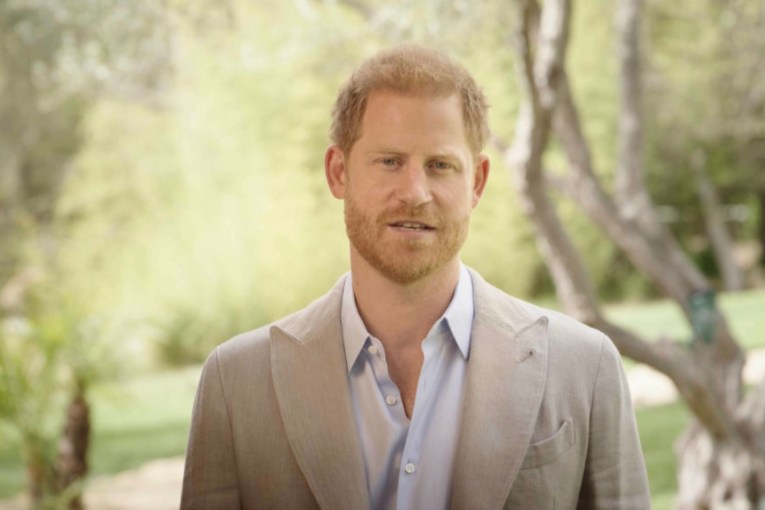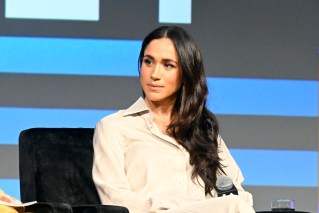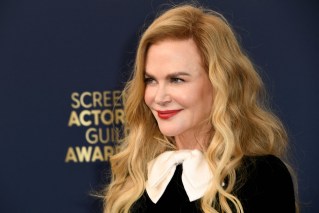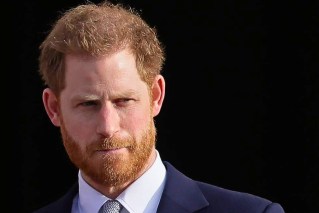Robin Williams ‘was losing his mind’: widow reveals his harrowing end
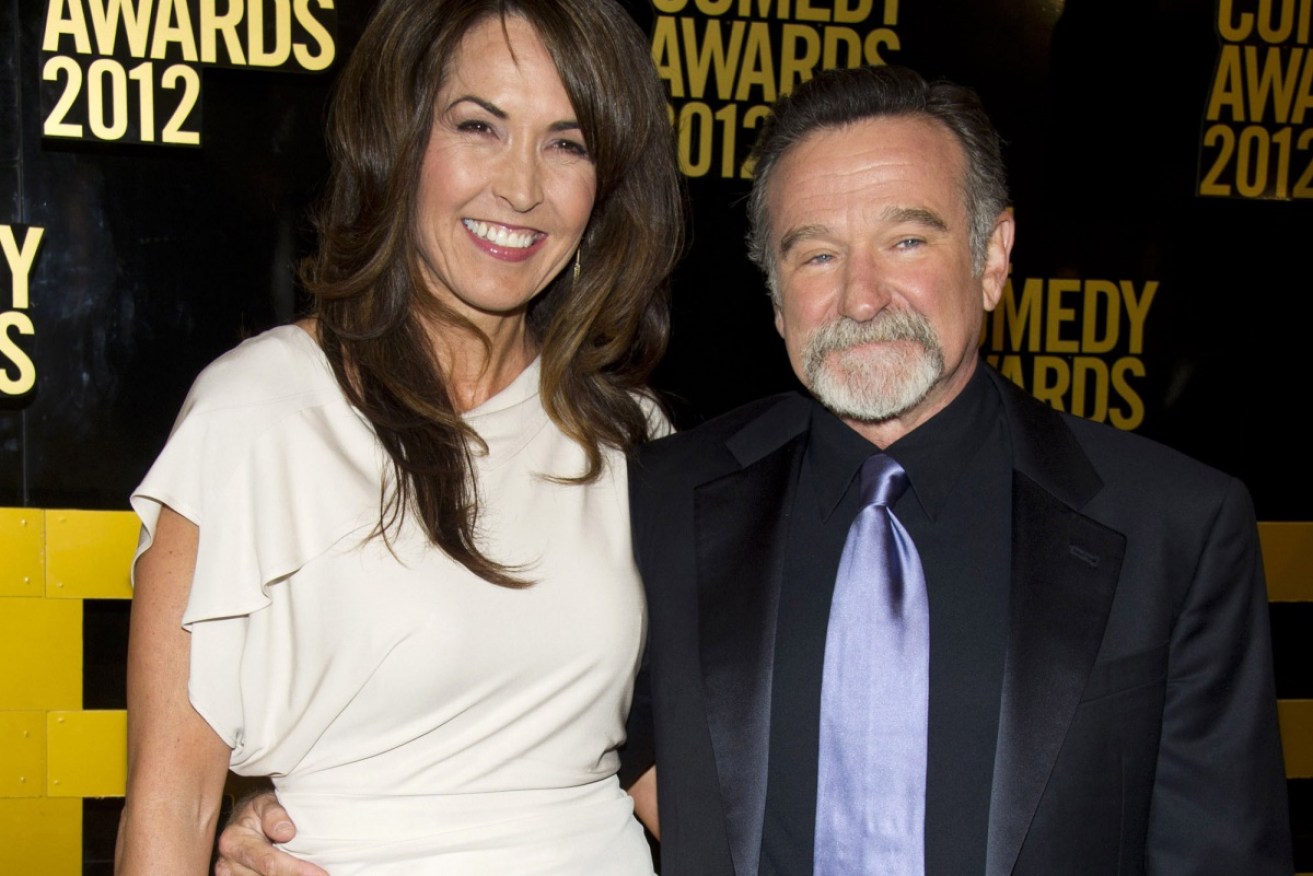
Susan Schneider Williams and Robin Williams at a 2012 awards function in New York. Photo: AAP
Robin Williams’ widow has intimately detailed the painful deterioration of the actor’s dementia in the lead up to his tragic suicide that stunned the world.
Williams, 63, took his own life on August 11 2014 after living with a severe form of dementia that had been misdiagnosed as Parkinson’s disease.
His widow, Susan Schneider Williams, wrote that the Lewy body dementia (LBD) plaguing him was “the terrorist in my husband’s brain”, in an essay released last week in the Neurology journal.
“Not only did I lose my husband to LBD, I lost my best friend,” Ms Schneider Williams wrote. ”He hated that he could not find the words he wanted in conversations. He would thrash at night and still had terrible insomnia.
“At times, he would find himself stuck in a frozen stance, unable to move, and frustrated when he came out of it. He was beginning to have trouble with visual and spatial abilities in the way of judging distance and depth. His loss of basic reasoning just added to his growing confusion.
“It felt like he was drowning in his symptoms, and I was drowning along with him … Robin was losing his mind and he was aware of it.”
The essay details the weekend of their second wedding anniversary in October 2013, where her husband was experiencing “skyrocketed” levels of anxiety and fear, and out-of-character symptoms.
“By wintertime, problems with paranoia, delusions and looping, insomnia, memory, and high cortisol levels — just to name a few — were settling in hard,” she said.
The symptoms also hampered Williams’ 2014, with the actor and comedian having panic attacks and battling to recall lines during the filming of Night at the Museum 3.

Robin Williams was a star in Good Will Hunting, Dead Poets Society and countless other classic films. Photo: AAP
“During the filming of the movie, Robin was having trouble remembering even one line for his scenes, while just three years prior he had played in a full five-month season of the Broadway production Bengal Tiger … doing two shows a day with hundreds of lines — and not one mistake,” she wrote.
LBD is a form of dementia not too dissimilar to Alzheimer’s disease. Symptoms include confusion, depression, delusions, difficulty concentration and the inability to judge distances.
Ms Schneider Williams did not find out that the actor was living with LBD until three months after his death.
Before his death, he was doing better: widow
Of the essay’s most tragic confessions, Ms Schneider Williams thought her husband had been doing well days before his death, and observed at the amazing time they spent in his final hours.
“As the second weekend in August approached, it seemed his delusional looping was calming down … We did all the things we love on Saturday day and into the evening, it was perfect—like one long date. By the end of Sunday, I was feeling that he was getting better.

Williams began his glittering career as a comedian. Photo: AAP
“When we retired for sleep, in our customary way, my husband said to me, ‘Goodnight, my love,’ and waited for my familiar reply: ‘Goodnight, my love.’
“His words still echo through my heart today.
“Monday, August 11, Robin was gone.”
She wrote that she grew increasingly helpless as her husband’s condition worsened.
“Powerless and frozen, I stood in the darkness of not knowing what was happening to my husband. Was it a single source, a single terrorist, or was this a combo pack of disease raining down on him?
He kept saying, ‘I just want to reboot my brain.’
“It felt like he was drowning in his symptoms, and I was drowning along with him … I experienced my brilliant husband being lucid with clear reasoning 1 minute and then, 5 minutes later, blank, lost in confusion.”
If you or anyone you know needs help you can contact Lifeline on 13 11 14, Kids Helpline on 1800 551 800 or Headspace on 1800 650 890.
